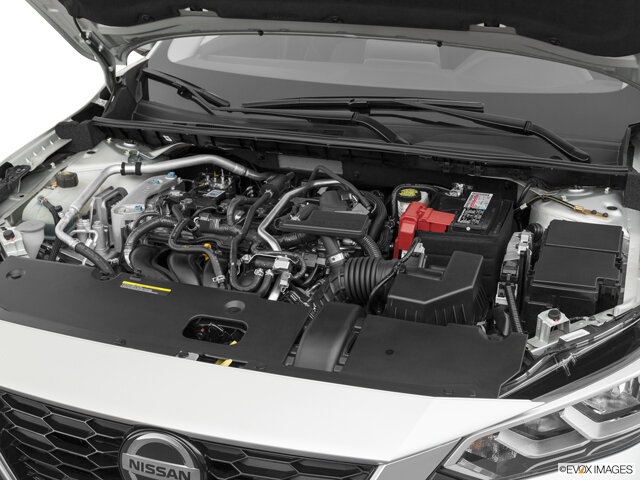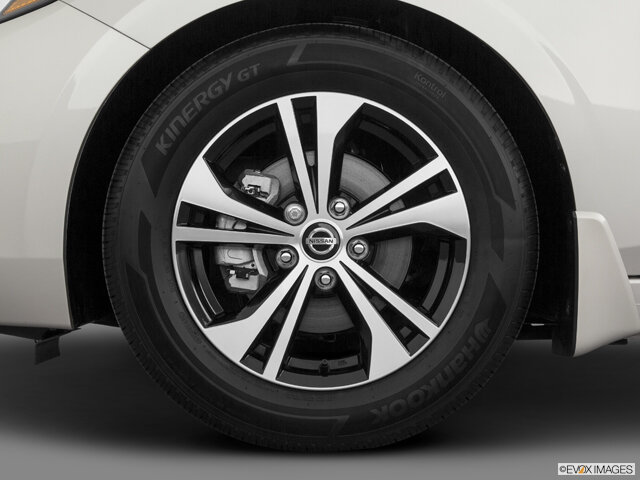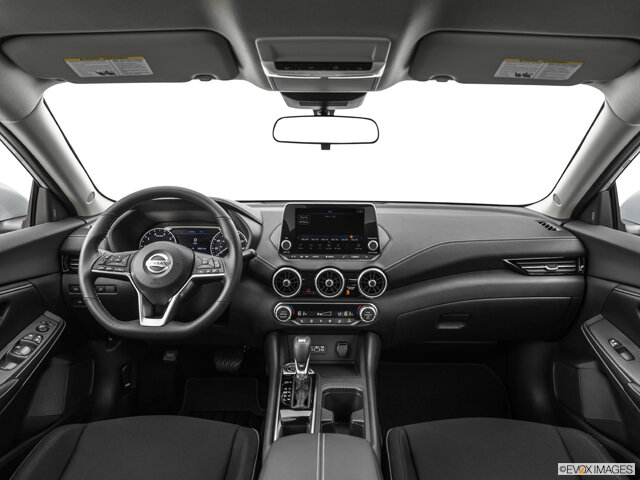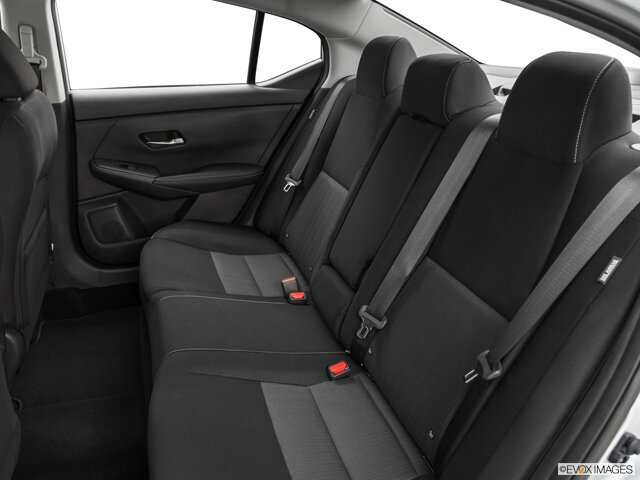The dealership likely has a marketing plan that outlines the communication efforts for the year. Perhaps there is a healthy budget to finance vast online ad outreach. The inventory is being targeted to the right customer in the right geographic area. Maybe the dealership also has a company blog to announce events, share news and offer industry insight.
Yet, inventory movement seems sluggish. Where’s the marketing blight? Why aren’t those ads sweeping models off the lot? The important issue dealerships might ponder is how well they have optimized their content. Does the dealership understand the importance of Google and SEO?
Decoding Google’s Hold on Searches
There are many different search engines that can be used to navigate the content on the internet. Popular engines include Yahoo, Bing, and Apple, but one search engine has dominated the rest to such a degree that the very name of the engine is ubiquitous to internet searching.
Google is the most popular search engine on the internet. According to the site Oberlo, Google has a hold on more than 90 percent of the search engine marketshare. In addition, Oberlo also notes that there are more than 8.5 billion searches on Google each day.
If an individual needs to find information online, they might Google it. However, the power behind Google and its ability to procure the most relevant information for each user is a secret that is likely only known by the company’s top minds and highest-level execs.
The search engine giant has unique algorithms that guide each search to pull the exact information that each user seeks. These algorithms learn which results should be at the top of the user’s search query page and which results are much less relevant.
Some marketing pros have tried to manipulate the search engine’s results by utilizing ‘black hat’ SEO techniques. These SEO strategies try to trick the rankings of a page by stuffing keywords into content or using other techniques that go against Google’s policies.
Google is wise to these practices. When the algorithms catch ‘black hat’ work, the search engine can impose a penalty to the user’s site. If a black hat practice is particularly egregious, Google might remove the page or site from search results.
Marketing pros who want content to fare well on Google searches know that any content they produce and publish needs to be relevant, organic and useful. While keywords can be used to help Google’s algorithms identify a page as useful to a particular search query, these words must weave into content naturally; writers and marketing pros cannot simply stuff in those keywords.
Understanding the dominance of Google is important for dealerships (and perhaps all businesses) who are looking for ways to be more visible online. If the dealership isn’t appearing at the top of key auto searches that are relevant to the dealership, they are missing out on the opportunity to reach more customers.

Is the Dealership Invisible?
How can dealerships rank higher on Google searches? SEO. If dealerships are not optimizing their content with relevant keywords, they might not show up on relevant user searches via Google.
Dealerships can use different tools to find the best and most relevant keywords. Once they uncover a list of relevant and ranking keywords, they can write content that incorporates these phrases. However, it is important that these words are included organically; keywords should not be obvious in content. Users should never be able to read an article and understand what keywords are being optimized.
Dealerships might wonder what content should be optimized online. The website (on-page content) and blog articles should be optimized for the search queries. In addition, meta title and meta description information also needs to be optimized.
Claim the Google Businesses Profile
Google offers a business profile for local businesses to claim and control. If the dealership hasn’t taken ownership of this profile, they need to claim it.
The Google Business Profile is simple to access. Businesses simply sign in to their profile to manage all the content. Dealerships should keep their profile updated and make sure that the basic contact information is consistent with all other online sites and social media accounts. Check the address and phone number; if Street is abbreviated to St. on one page, abbreviate it everywhere.
Dealerships also should encourage customers to leave reviews on their Google Business Profile. These reviews can help the business, and they also can help others who are researching different dealerships in the area. Dealerships also should actively respond to reviews, as it shows engagement and attentive customer service.

How Does Google Help Sales?
While Google alone might not be the savior to all sales woes for a dealership, visibility via the search engine is important for connecting customers to the dealership’s website and other pages. If a business isn’t appearing in relevant searches, they might stay under the radar.
Google helps its users find what they need. A search could be related to a particular product like a car, but the search also could focus on hours of operation for a car dealership. What if all the competitors show up in this search, but your dealership isn’t among the results?
Help customers find the dealership by working to optimize content to increase page rankings and online visibility. Optimize the website content, blogs and claim the Google Business Profile.
Offer Useful Resources, Too
While SEO can help the dealership’s site rank higher, the content and resources on the site also are important. What does the dealership offer online for customers shopping for a car from home? Are there extensive slideshows of vehicle images, does the dealership offer an augmented reality experience?
Google can help the dealership increase its visibility, but the dealership has to ensure that it’s offering customers the information they need and want. If customers can’t find a page related to incentives or if the site is just clunky and cumbersome, they won’t stay on the site.
SEO is crucial to visibility. However, dealerships should review their site to better understand how customers interact with the website. Review site data related to on-page visits, duration, etc. Learn what pages are performing well and what pages customers might avoid or click out of quickly.
If dealerships are including SEO keywords related to augmented reality, are they offering this technology online? Content could confuse customers; if they read a blog article that touts something the dealership doesn’t offer, they could feel frustrated.
Create messaging that is optimized and that emphasizes the culture and unique offerings of the dealership. In addition, dealerships can create content and messaging around new website updates; promote the updates via social media, blog about it, and optimize it (if possible).

Google It!
There are many search engines available online, but Google is the dominant search tool. When a customer is looking for a car dealership, they might Google it. When they enter a search query into Google, will they find your dealership or will they only see the competitors? Does the dealership’s Google Business Profile appear?
If dealerships are unsure how they rank, it’s time to conduct a few searches with Google. Search for car dealerships in the area, and see where the dealership ranks. Understanding visibility can help dealerships make the changes to boost their rankings and evaluate where they fall in the hierarchy that is defined by the secret algorithms of Google.

